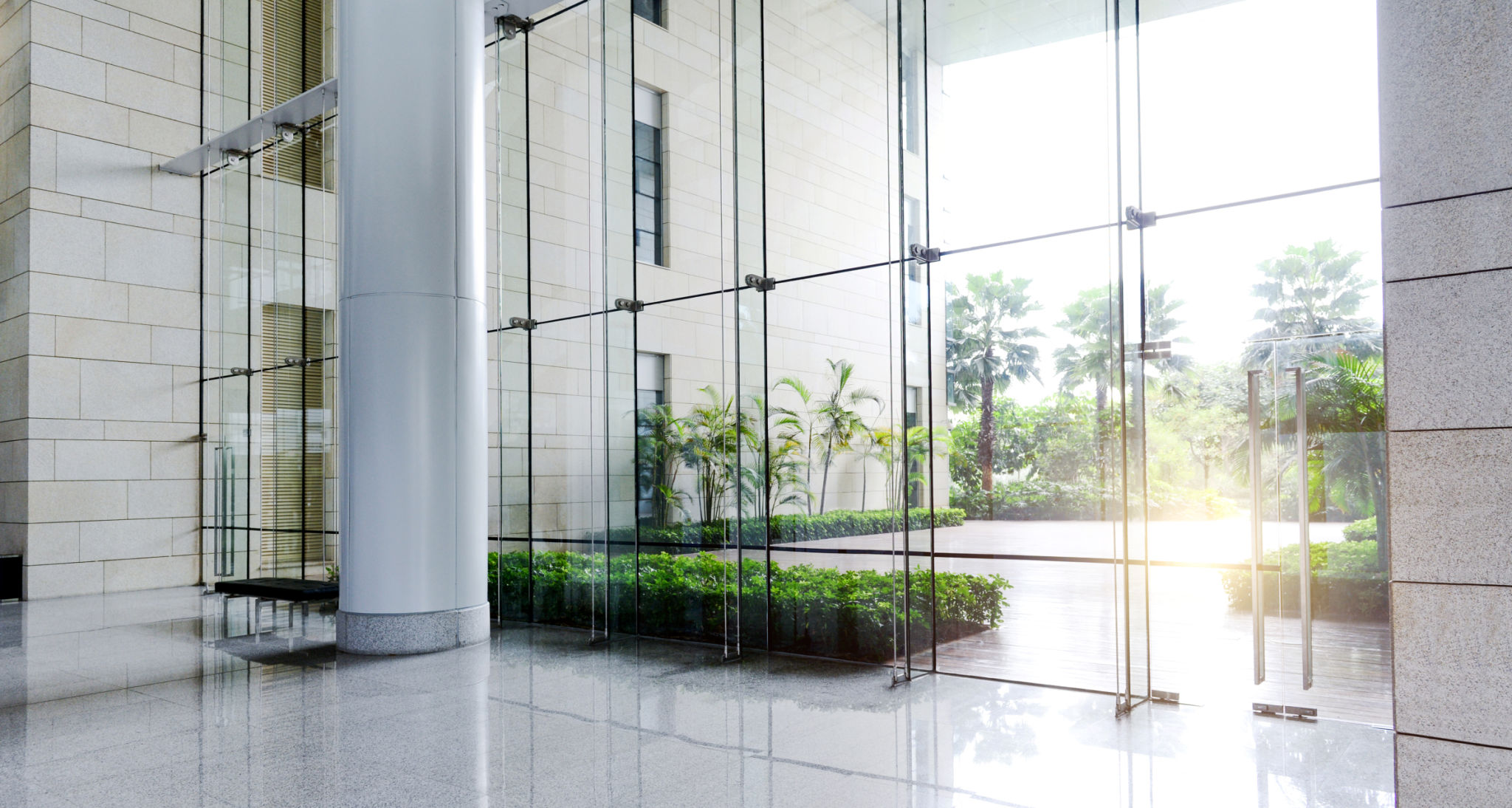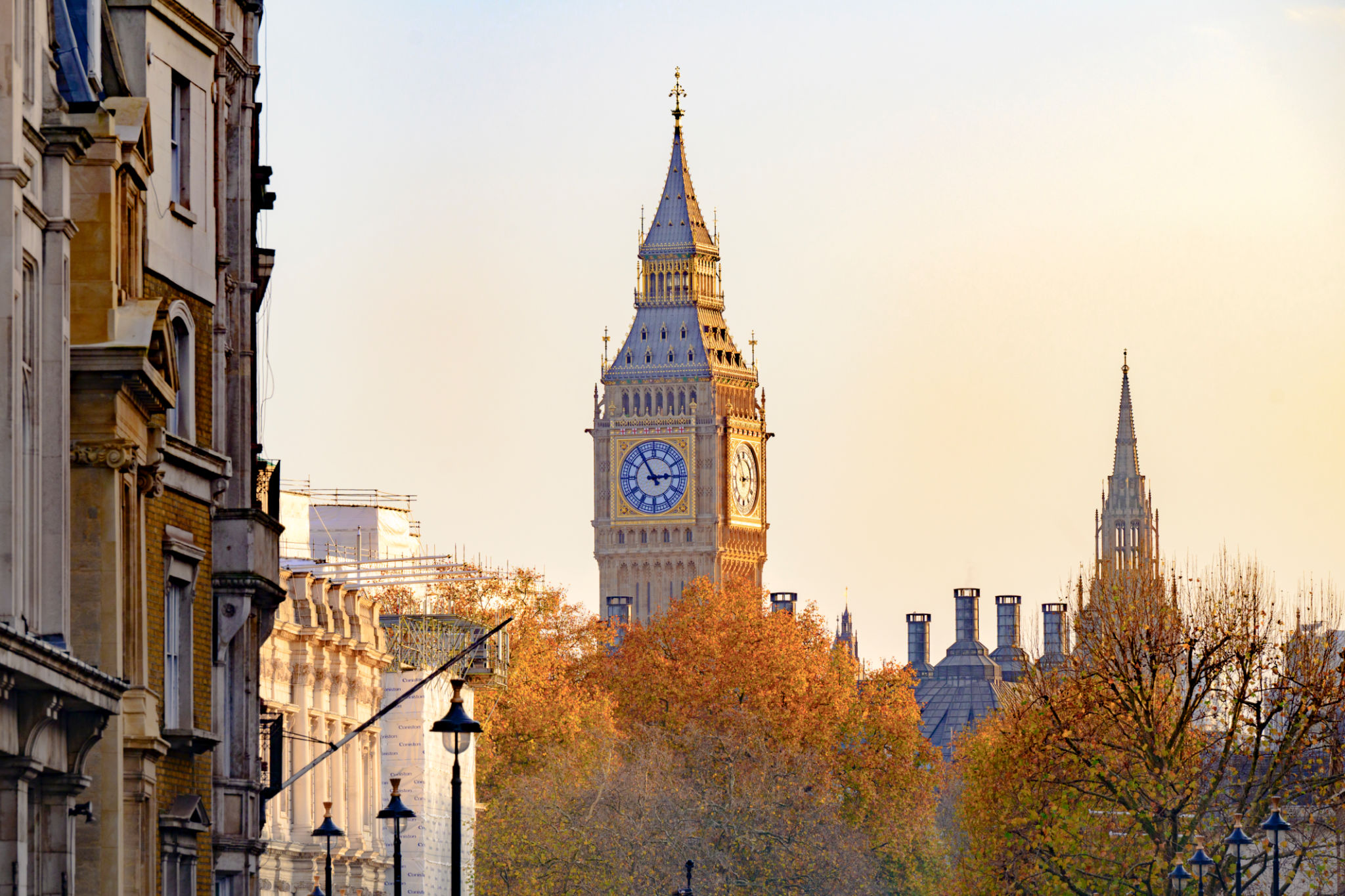The Ultimate Guide to Smart Glass Technology in London
Introduction to Smart Glass Technology
Smart glass technology has been revolutionizing the way we interact with our environments, offering dynamic control over light and privacy. In London, a city known for its architectural innovation and sustainability efforts, smart glass is becoming increasingly popular. This technology is not just a luxury; it's a practical solution for modern living and working spaces.

How Smart Glass Works
At its core, smart glass technology involves altering the properties of glass to control the amount of light and heat that passes through. This is typically achieved through electrochromic, photochromic, or thermochromic processes. With a simple switch or app command, users can change the glass from clear to opaque, effectively managing privacy and energy efficiency.
The most common type, electrochromic smart glass, uses an electric charge to adjust the opacity. This not only provides privacy but also helps in reducing glare and UV exposure, making it an ideal choice for both residential and commercial spaces in London.
Applications in London
Smart glass technology is being used across a variety of sectors in London, from residential homes to office buildings and public spaces. In homes, smart glass can enhance privacy and energy efficiency, while in offices, it provides flexible meeting spaces that can be adapted for different needs.

In public buildings and transportation systems, smart glass offers a modern solution for managing light and temperature, contributing to the city's sustainability goals. Additionally, many luxury hotels in London are incorporating smart glass into their designs to offer guests a unique experience.
Benefits of Smart Glass
There are numerous benefits to integrating smart glass technology into your space. Some of the most significant advantages include:
- Energy Efficiency: By controlling the amount of sunlight entering a space, smart glass can significantly reduce heating and cooling costs.
- Privacy on Demand: Instantly switch between transparency and opacity for complete privacy.
- UV Protection: Smart glass blocks harmful UV rays, protecting furniture and interiors from fading.
- Modern Aesthetic: Offers a sleek and contemporary look that enhances the design of any building.
Challenges and Considerations
While smart glass offers many benefits, there are also challenges to consider. The initial cost of installation can be high compared to traditional glass. However, the long-term savings on energy bills and the increased property value can offset these costs over time.

Maintenance is another factor to consider. Although smart glass is generally low maintenance, ensuring proper installation and regular checks can prevent potential issues. It's essential to work with experienced professionals when installing smart glass to maximize its benefits.
The Future of Smart Glass in London
The future looks promising for smart glass technology in London. As advances continue to be made in materials and manufacturing processes, we can expect costs to decrease and adoption to increase. Moreover, as environmental regulations become more stringent, the demand for energy-efficient solutions like smart glass will likely rise.
In conclusion, smart glass represents a significant advancement in architectural technology. Its ability to enhance both aesthetics and functionality makes it an invaluable addition to any modern space in London. Whether you're looking to upgrade your home or office, smart glass offers a versatile solution that aligns with the city's commitment to sustainability and innovation.
